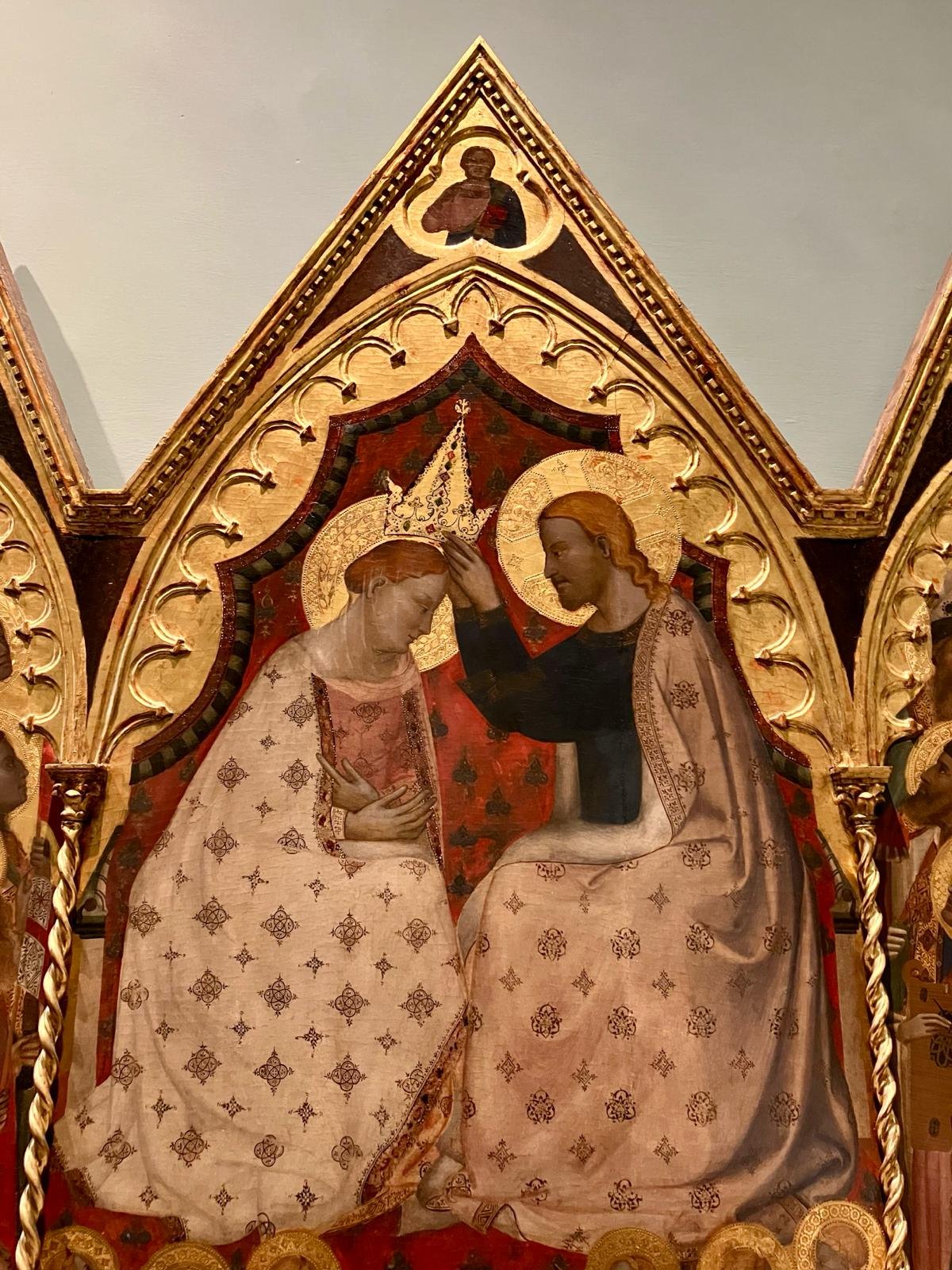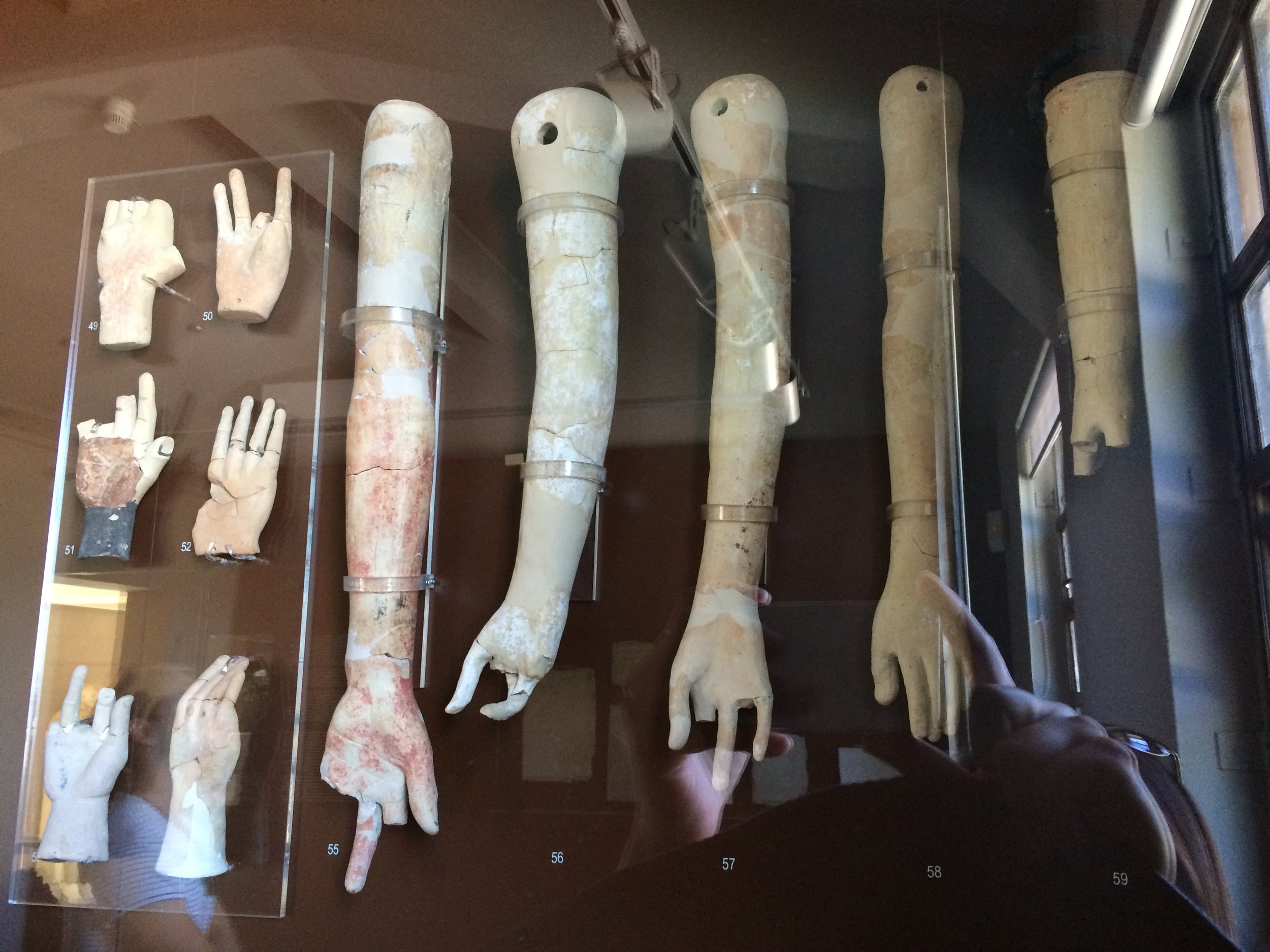








Courses Taught
This course combines the engaged reading and discussion of a seminar with visits to important sites, including an overnight trip to NYC to tour Ellis Island and museums at the beginning of spring break. The course focuses on the apocalyptic and religious within American immigration discourse from the moment of European “discovery” to the present day. Readings and discussion focus on key biblical passages, particularly those of Revelation but also from Exodus, Nehemiah, Ezekiel, Matthew, inter alia, that have been used to conceptualize the New World, the American colonies, and the US, and those who must be excluded from the land. Other texts range from Columbus’s diary to Ronald Reagan, from Puritan leaders to congressional debates to see how Revelation and other biblical texts have informed debate and policy making throughout American immigration history.
Besides the visit to NYC, site visits will include a tour of the New Haven Green’s crypt under the Center Church on the Green, the Mashantucket Pequot Museum, the Beinecke Library, and a day of learning and volunteering at Integrated Refugee and Immigrant Services (IRIS). The course concludes with a class presentation to the University.
American Immigration & Apocalypse
co-taught with Jacqueline Vayntrub
This course explores the realities of textuality vis-à-vis biblical texts in ancient and modern contexts. These include the production (material and otherwise) of texts and manuscripts; their collection in libraries and canons; their discovery, circulation, purchase, and display; and their reconstruction and deconstruction. Class activities include handling of manuscripts at the Beinecke Rare Book and Manuscript Library and learning the technologies of tablets and scrolls with the Yale Babylonian Collection at the Peabody Museum.
The Secret Life of Texts
This seminar is divided into two parts. The first considers possible concepts of race and/or ethnicity in the ancient Mediterranean world, applying theories to biblical texts and to Heliodorus’s Aethiopica in a weeks-long consideration of the novel. The second focuses on racial/ethnic theory and minoritized hermeneutics within the field of NT/biblical studies in particular.
Race & the New Testament
This course blends textual analysis, history, theory, and hermeneutics – which are never truly separate – as students consider the Gospel of Mark. Students will translate the text while attentive to text critical and theoretical issues while also reading and discussing historical contexts, reception history, and interpretive methods.
Greek Exegesis: Gospel of Mark
This course explores the protean nature of apocalyptic and the Apocalypse of John and their progeny of theologies, movements, art, film, violence, and further visions. Students will consider both ancient contexts of Revelation (literary, socio-historical) and its influence since in movements, times of crisis, art, and activism.